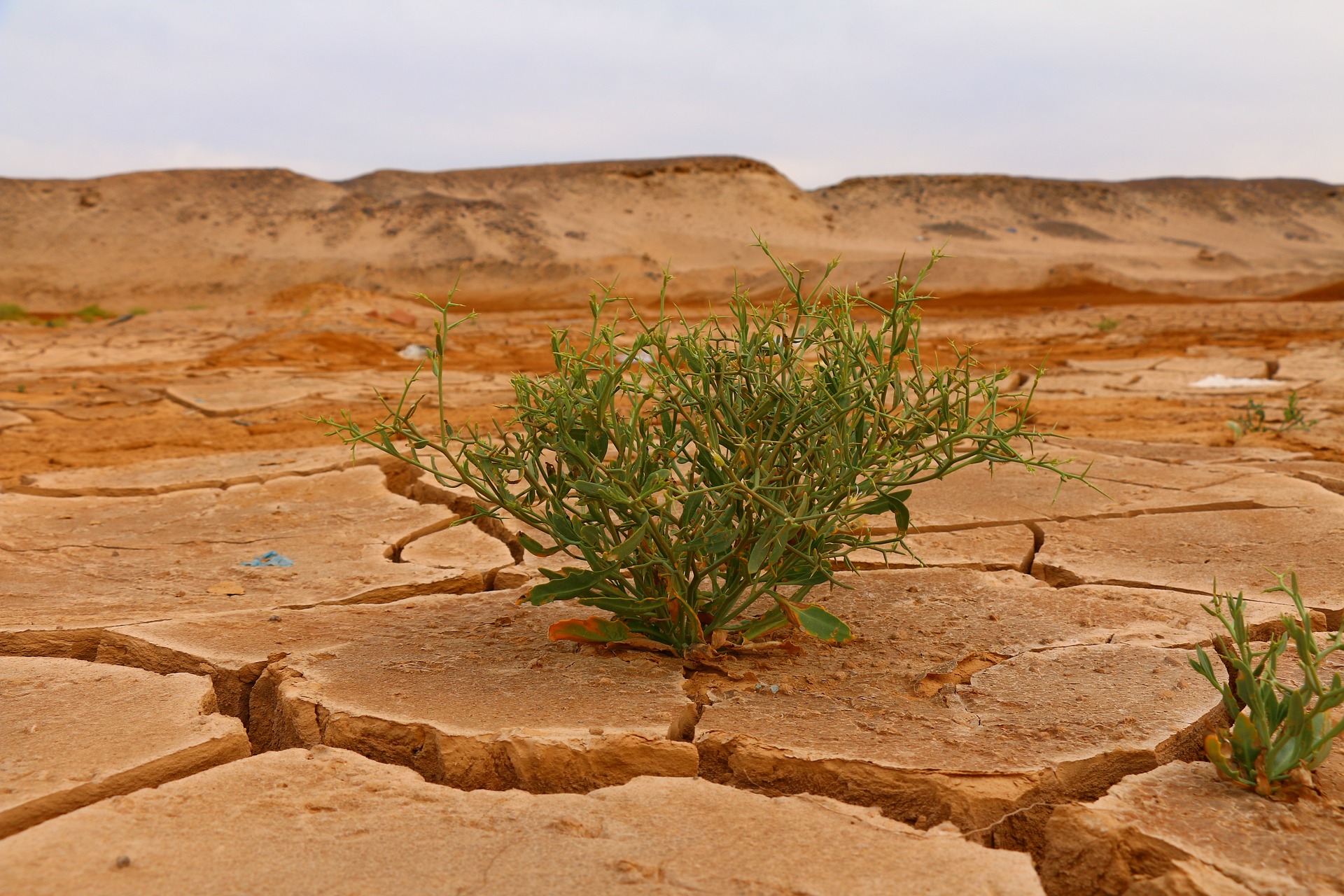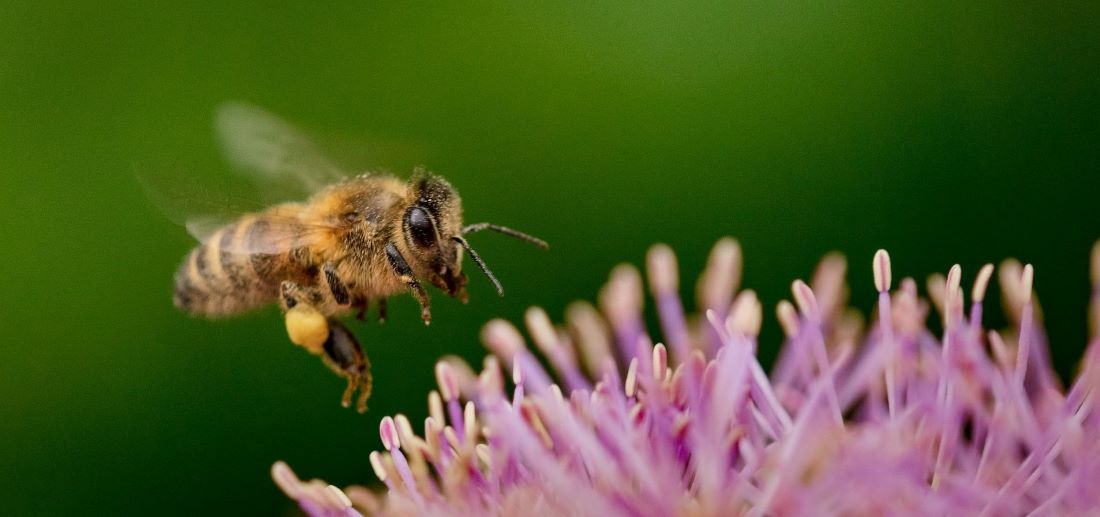
On World Bee Day, everyone can help save the bees
TORONTO, May 18, 2022 – It’s no secret that pollinators are in trouble – and it could affect that morning coffee, fruit and even, bowl of cereal.
The theme of World Bee Day on May 20 is Bee Engaged: Celebrating the diversity of bees and beekeeping systems, and it’s a good time to learn how creating bee-friendly habitats in the garden, on a balcony or in a community garden can help. There are some 350 species of native bees in Ontario, more than 850 in Canada and 20,000 worldwide.
York University is home to the recently established Centre for Bee Ecology, Evolution, and Conservation where bee scientists and modellers work to foster collaborative expertise and further innovative and cutting-edge research to better understand bees and the risks to their health. Want to know more about bee habitats, behaviour, genetics and diseases, just ask the experts listed below.
And, tune in to York’s Scholar’s Hub @ Home: Bee the Change on May 19 at noon to learn about saving declining pollinators from two of York’s bee experts, Associate ProfessorSheila Colla of the Faculty of Environmental and Urban Change and ProfessorAmro Zayed of the Faculty of Science. Register here.
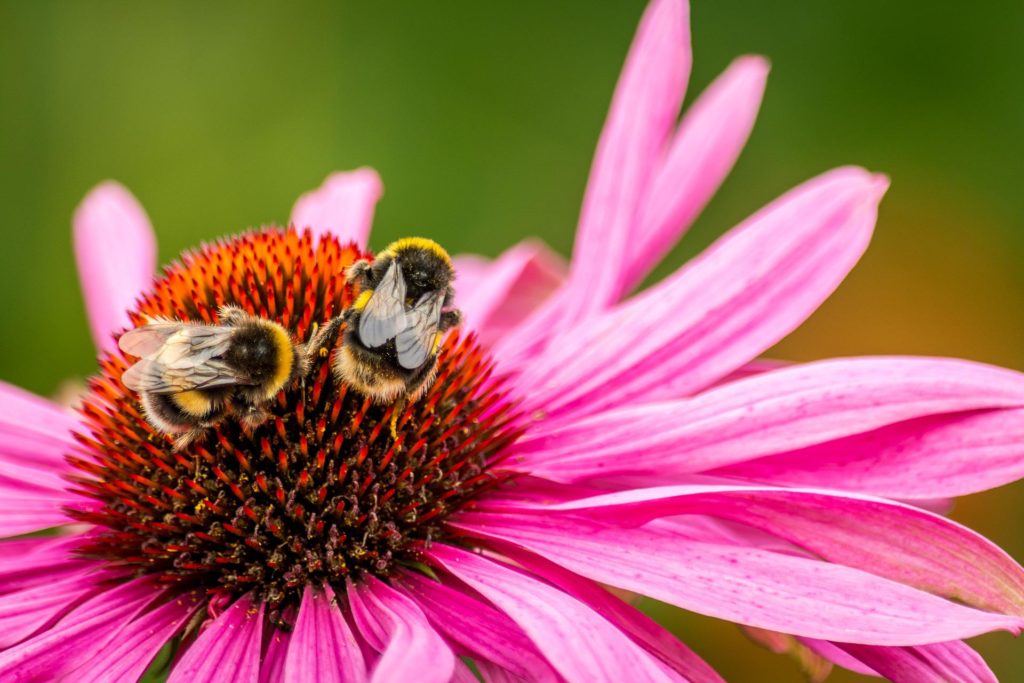
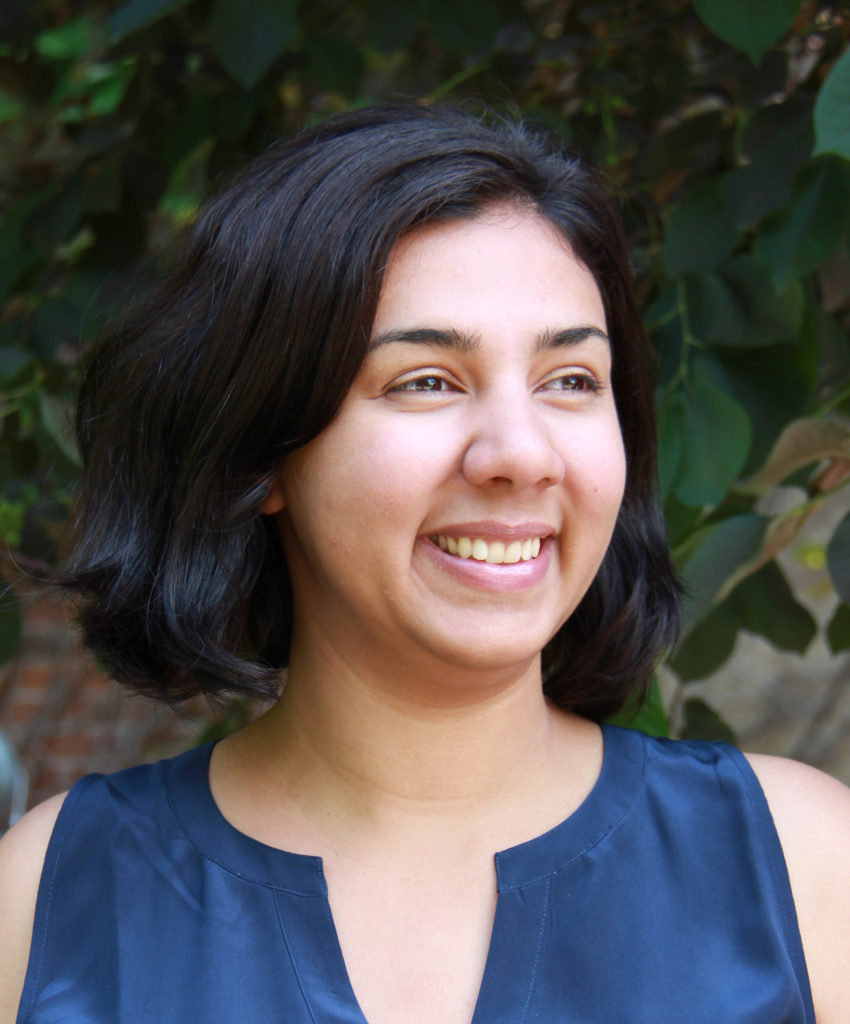
Sheila Colla, co-author of the forthcoming book (June 11) – A Garden for the Rusty-Patched Bumblebee: Creating Habitat for Native Pollinators, can discuss the following:
• What to plant on balconies, in yards and community gardens across Ontario (See Tips on Bee Conservation video)
• Connection between native plants and native pollinators
• Importance of citizen science – how people can help scientists keep track of bees and their habitats
• What happened to the Rusty-patched bumblebee and why it’s a tale of what could happen to other bees
• Other bees on the endangered list
• Beyond honey bees and bumble bees. What are sweat bees, carpenter bees and mining bees, and what role do they play?
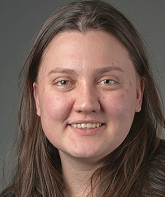
Sandra Rehan, an expert in wild bee genomics, behaviour and conservation and an associate professor in the Faculty of Science, can talk about:
• Loss of plant-pollinator networks and how some plants will now bloom too soon or too late for bees that rely on them
• Are the gut microbiomes of city bees missing key beneficial bacteria?
• Biodiversity conservation and why it’s important
• How maternal care of bee offspring has expanded the social life of bees
• Population and behavioural genomics
• Climate change, land use change and the effects on bees
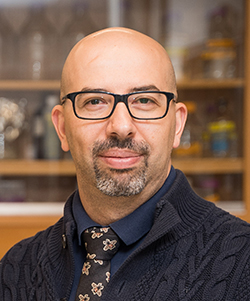
Amro Zayed, an expert in honey bee biology and genomics, can talk aboutthe following:
• How bee genes can determine how bees behave, including how good they are at keeping their hive clean and how well they can survive cold winters
• Did western honey bees originate in Asia and why is that important to know?
• How the urban environment can help or hinder bees – think concrete versus green spaces, trees and gardens
• What’s stressing bumblebees? How scientists are using a conservation genomic approach and next generation sequencing to look inside for pathogens and pesticides
• Why are African hybrid honey bees (known as killer honey bees) highly defensive and aggressive?
• Bee health diagnostic tools, what they do and what’s being developed
-30-
York University is a modern, multi-campus, urban university located in Toronto, Ontario. Backed by a diverse group of students, faculty, staff, alumni and partners, we bring a uniquely global perspective to help solve societal challenges, drive positive change and prepare our students for success. York's fully bilingual Glendon Campus is home to Southern Ontario's Centre of Excellence for French Language and Bilingual Postsecondary Education. York’s campuses in Costa Rica and India offer students exceptional transnational learning opportunities and innovative programs. Together, we can make things right for our communities, our planet, and our future.
Media Contact:
Sandra McLean, York University Media Relations, 416-272-6317, sandramc@yorku.ca


